In “Lost Movie Reviews From the Autostraddle Archives” we revisit past lesbian, bisexual, and queer classics that we hadn’t reviewed before, but you shouldn’t miss. This week is If These Walls Could Talk 2, the three-part anthology film from 2000 directed by Jane Anderson, Martha Coolidge, and Anne Heche.
In 1996, the first iteration of If These Walls Could Talk focused on abortion. Naturally, the next installment in 2000 would center around another scandalous and often taboo topic: lesbianism. The three parts, set in 1961, 1972, and 2000, cover the lifespan of gay womanhood — from birth to falling madly in love with a hot dyke on a bike to death — all taking place in the same house through the decades.
We start with death.
The year is 1961, and Edith (Vanessa Redgrave) and Abby (Marian Seldes) are an elderly lesbian couple watching The Children’s Hour in theaters. In a homophobic world, they’ve managed to carve out a sweet and loving life for themselves. But when Abby slips off a ladder and ends up in the hospital, Edith isn’t allowed to see her because she “isn’t family.” But of course she’s family; Edith and Abby are life partners in every sense of the term, sharing a home and life together for three decades. She spends the night in the hospital waiting room, not knowing she’ll never see Abby again. After Abby dies, Edith calls Abby’s nephew Ted (Paul Giamatti), who shows up with his wife Alice (Elizabeth Perkins, who is oh so good at playing a homophobic bitch) and their daughter, quietly upending Edith’s life by erasing and overriding her intimate relationship with Abby.
When rewatching If These Walls Could Talk 2 in the year 2024, I’m struck by how of-the-moment it feels for its time period. It’s set across different decades technically, but all three segments are steeped in the political priorities and cultural lenses of the late 90s and early 2000s. This isn’t a bad thing by any means; it’s actually an asset to the film, giving it a distinct point of view. The Defense of Marriage Act was signed into law in 1996, fueling a passionate push for marriage equality in mainstream LGBTQ organizing circles, which lasted well into the aughts. The 1961 segment of If These Walls Could Talk 2 is an obvious parable for the push for marriage equality, Edith precluded from seeing Abby in the hospital or from actually owning the house they lived in together due to the law not recognizing Abby and Edith as a legitimate couple and therefore not legally giving them the same rights. That tension courses throughout the 1961 segment, directed by Jane Anderson, giving it a distinctly 2000 lens. But what makes the segment work is that it doesn’t become didactic in its plea for marriage equality, instead letting the characters and their story speak louder than its message.
Edith and Abby’s relationship feels both of its time and ahead of its time. They face obstacles and homophobia even before Abby’s death. While they bask in the queerness of The Children’s Hour, the people around them mock and balk. But If These Walls Could Talk 2 asserts that lesbian couples could make their own families, make their own joy, even in times of rampant homophobia and sexism. Abby and Edith have a genuinely happy, long life together. And even under the sad circumstances of death and the limits on Edith to claim what is rightfully hers, Edith remains steadfast in her love for Abby and in her own understanding that what they had was real, even if the others can’t see it.
Let’s jump ahead to the final segment.
Anne Heche directs then-partner Ellen Degeneres and Sharon Stone in the 2000 segment, easily the goofiest of the three. Degeneres and Stone play wives Kal and Fran, who are trying to get pregnant. (Regina King and Kathy Najimy also star.) Bette and Tina’s storyline in the first few episodes of The L Word is basically a retelling of this part of If These Walls Could Talk 2.
The segment doesn’t feel like a time capsule because of its fertility storyline (to be honest, its fertility storyline could easily be set today); it feels like a time capsule because it features Ellen Degeneres in multiple lesbian sex scenes. This was a much different time in her career, when she was less interested in making her gay identity as palatable as possible to the world. She’s not doing anything genuinely radical here, but compared to her current brand, it’s a considerably queerer role and sensibility. Sharon Stone, meanwhile, gives a zany and frantic performance that would perhaps by off-putting for some but I find delightful. She’s really committing! To what? I’m not really sure. But I like thinking about Anne Heche directing this likely autofictional (she also wrote it) tale of lesbian familymaking.
But really, the gem of If These Walls Could Talk 2 is its second segment, set in 1972. It follows a friend group of college-aged femme lesbians now living in the anthology’s central house, including characters played by Michelle Williams, Nia Long, and Natasha Lyonne. On campus, they’re getting pushed out of the feminist group they helped found because other members think including lesbian issues in their struggle is too controversial. To blow off some steam, the friends head to a dyke bar they’ve never been to, but when they encounter a bunch of other lesbians in butch/femme dynamics, they scoff and leave…except for Williams’ Linda, who lingers behind to talk and dance with a motorcycle-riding butch named Amy played by Chloë Sevigny. I’ve lost track of the number of dykes (femmes and butches alike!) in my life who have cited Sevigny’s character here as a root.
Again, we see If These Walls Could Talk 2 contending with social anxieties of the 70s and the 2000s all at once. The 1970s indeed saw an increased presence of lesbian-centric organizing within the mainstream women’s liberation movement. Lavender Menace burst onto the scene in 1970. This was also a period of intense backlash against butch identity and butchphobia, especially among certain lesbian separatists who demonized masculinity and male-associated behaviors and dress in any form. That tension is at the center of the 1972 segment of If These Walls Could Talk 2.
Linda’s friends — and Linda, initially — are beyond dismissive of Amy’s gender presentation. They’re downright discriminatory and even aggressive toward her, one friend making Amy try on one of her femmey peasant shirts instead of her preferred “menswear.” Amy binds. She has short hair and wears wide ties. After sex, when Linda asks Amy if Linda is supposed to be “the woman” and Amy is supposed to be “the man,” Amy bristles. She’s a butch lesbian, still a woman, even if her womanhood is dismissed and ridiculed by Linda’s narrow-minded femme friends.
There are interesting class underpinnings here, too, the concept of butch/femme dynamics still associated mainly with the working class, a holdover from the 50s and 60s. When these college girls prance into the dyke bar, they find themselves among working class dykes, and their discomfort is no doubt rooted in classism alongside butchphobia. They see their college-educated, feminist organizing, femme-presenting version of lesbianism as socially acceptable and palatable within the overall women’s movement.
This segment of If These Walls Could Talk 2, it should be noted, is incredibly sexy. When I rewatched it recently, my wife watched it with me, and it was her first time. I tried to resist the temptation to just watch her reactions to the 1972 segment the whole time, but I was curious about two things: 1. Was it as good as I remembered? and 2. Would it be as hot for her, a butch top, to watch it? Fortunately I got my answers in one fell swoop when the full movie was over: That 1970s one was so good and hot, my wife said. Sevigny’s Amy indeed falls into that vertiginous intersection of do you want to be topped by her or top like her?
But on top of being hot, this middle part of If These Walls Could Talk 2 is smart and epitomizes the overall draw of the anthology as a whole by collapsing time. While the 70s were particularly reactionary against butchness, anxieties and hand-wringing over butch identity and butch/femme dynamics continued on into the 90s and aughts. Four years after If These Walls Could Talk 2 aired, The L Word would premiere without a single butch lesbian in its core cast, a pattern that would continue for its entire run. Indeed, the 1972 portion reflects many times at once — even, arguably, today. While Amy’s specific identity as a butch or masc lesbian is important to honor, it’s also easy to see the line between Linda and her friends’ reactions to her butchness and present day TERF attitudes toward trans people of all genders in lesbian spaces.
Queer time is flexible and fluid. Queer progress is not a straight line. If These Walls Could Talk 2 has moments that feel dated, others that feel prescient. For being a film so anchored by specific years, it’s in many ways anachronistic. There are even connections to be made between these past eras of lesbian and feminist movements and today.
If These Walls Could Talk 2, like many of the stories it contains, is both ahead of its time and distinctly of its time. Which is why it’s particularly frustrating that this sequel didn’t achieve the same critical longevity and staying power of its predecessor. You can watch If These Walls Could Talk original recipe on Max right now. But if you wanted to watch If These Walls Could Talk 2, you have to be a bit more industrious (ahem, check YouTube).

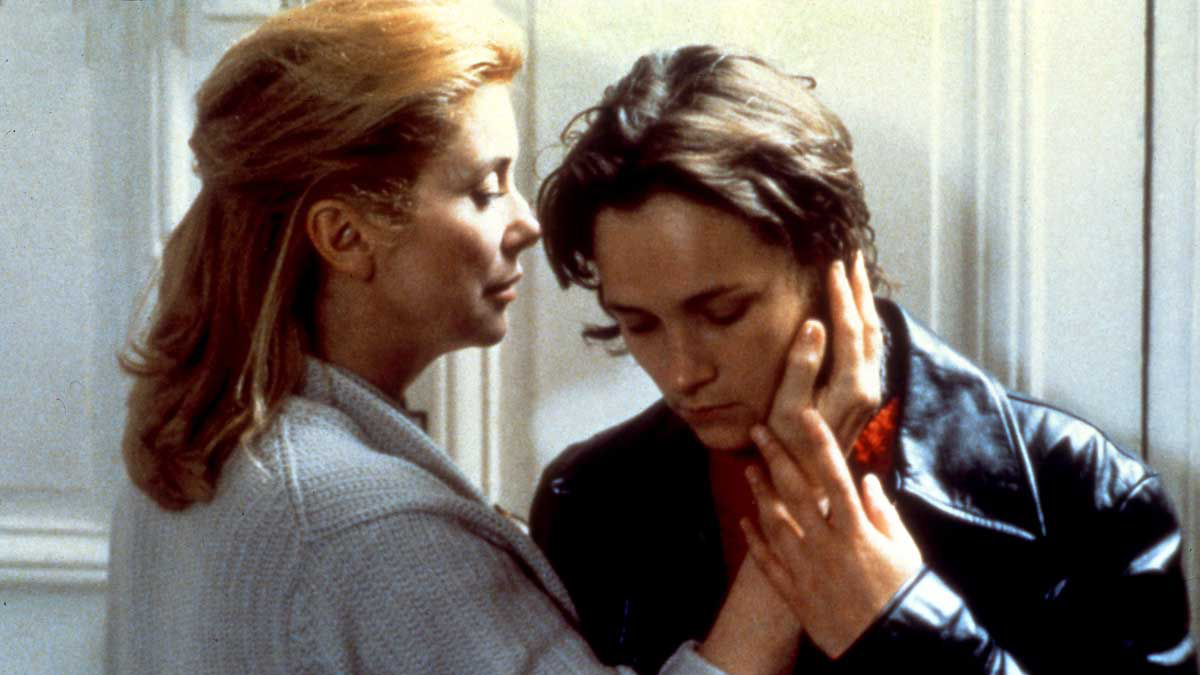
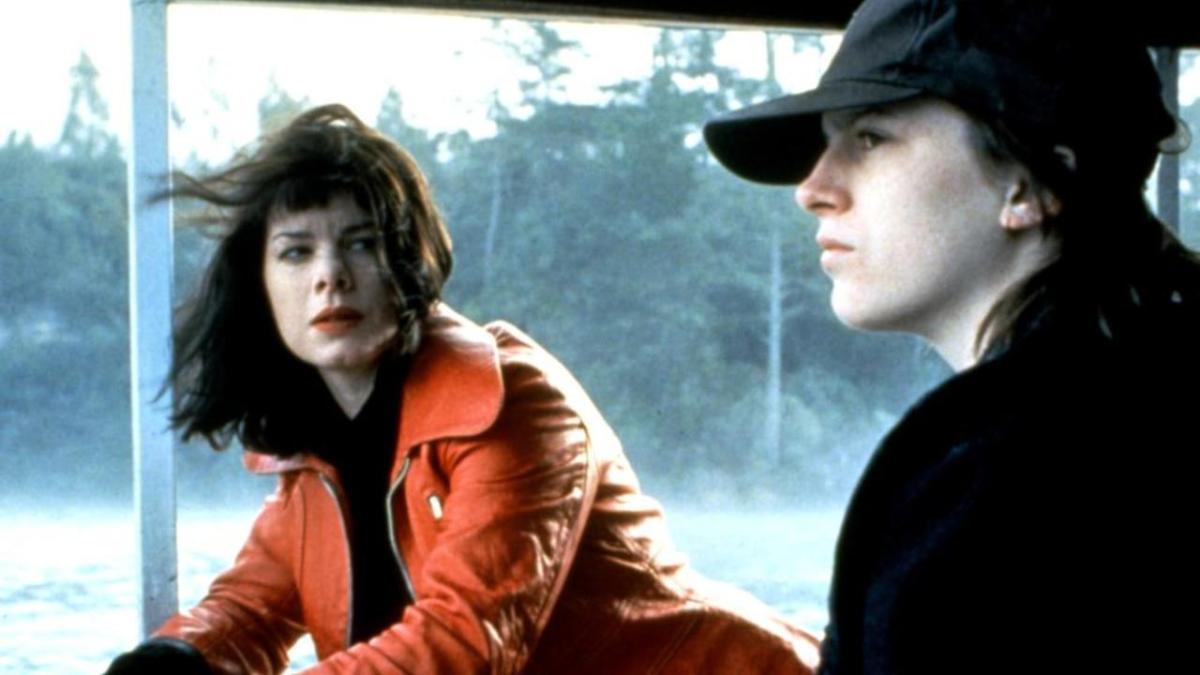
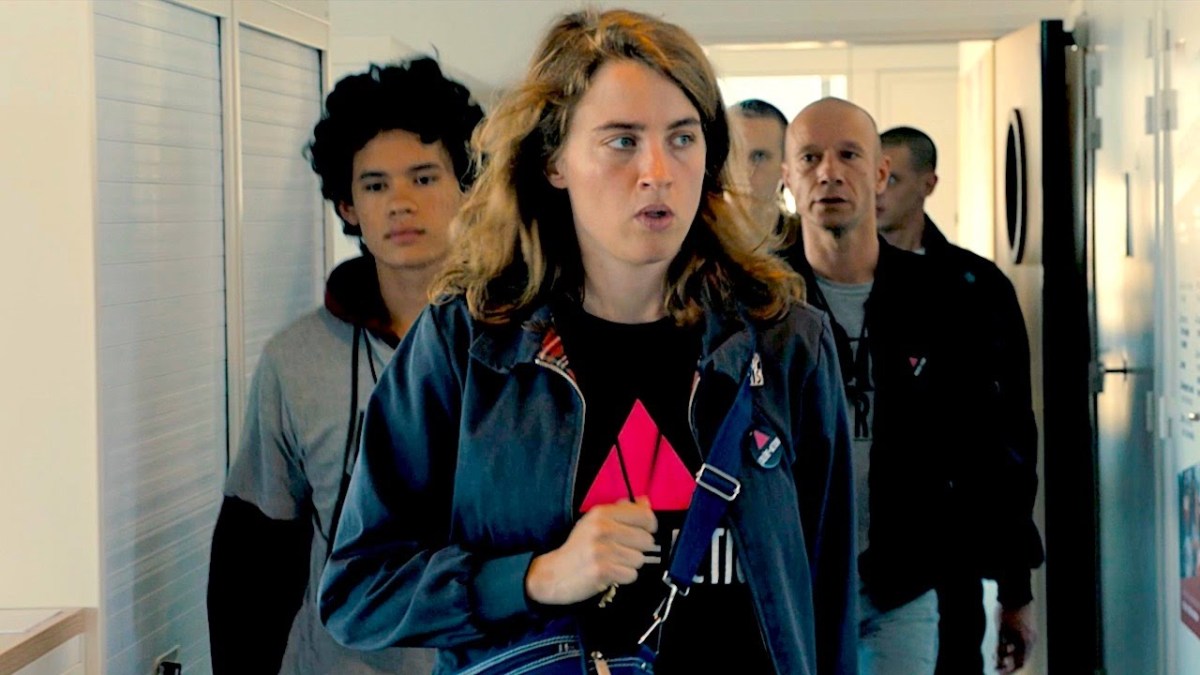
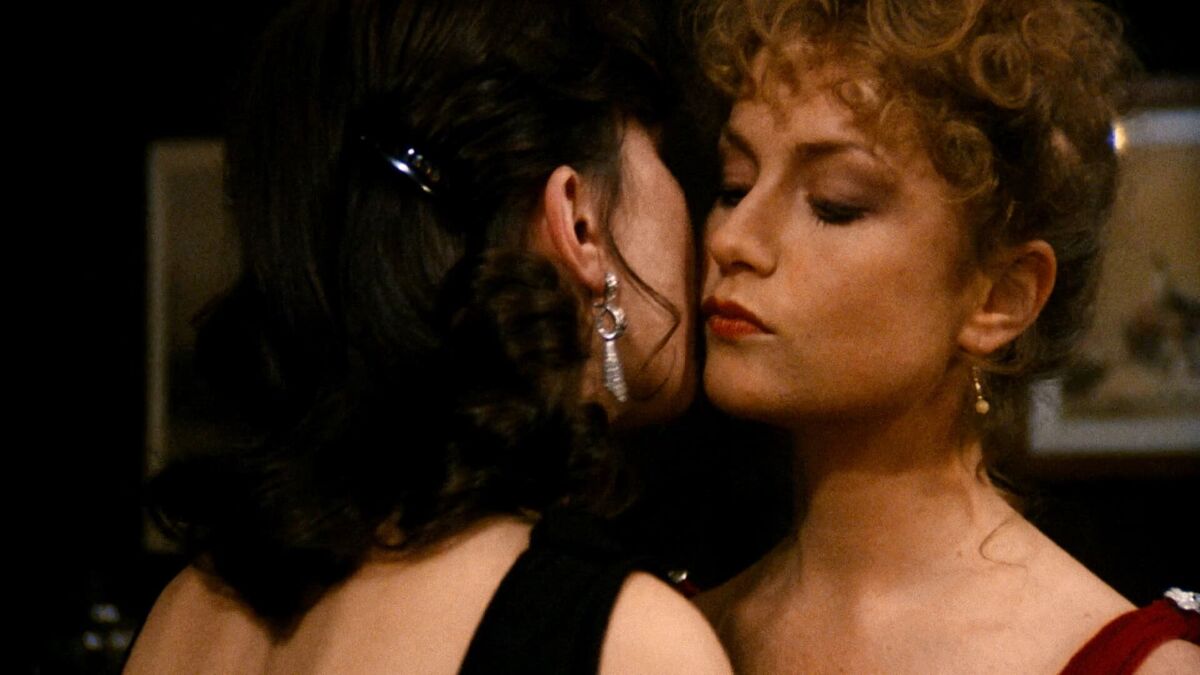
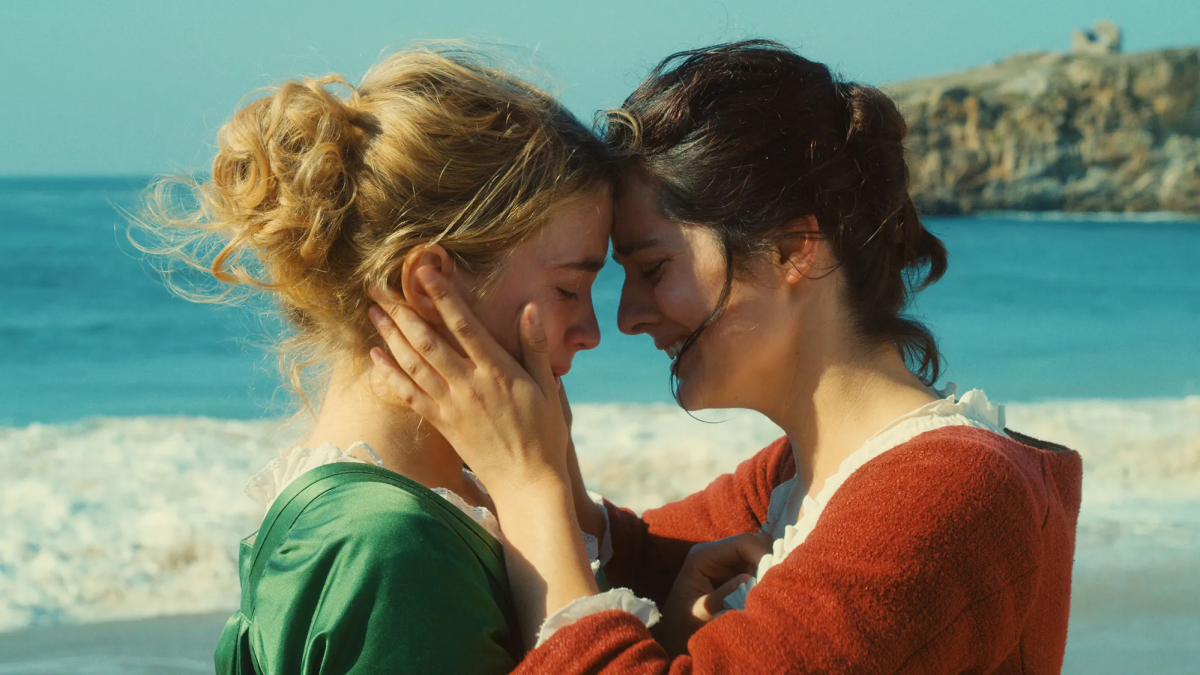
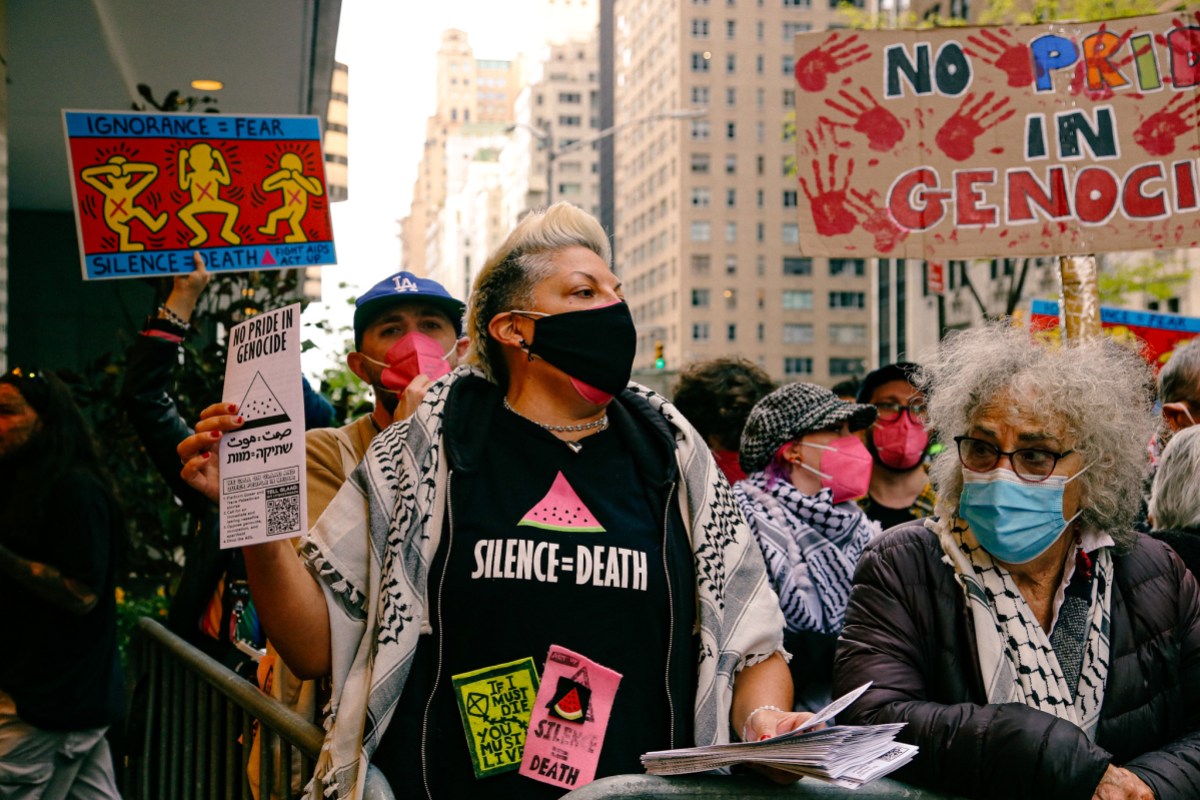
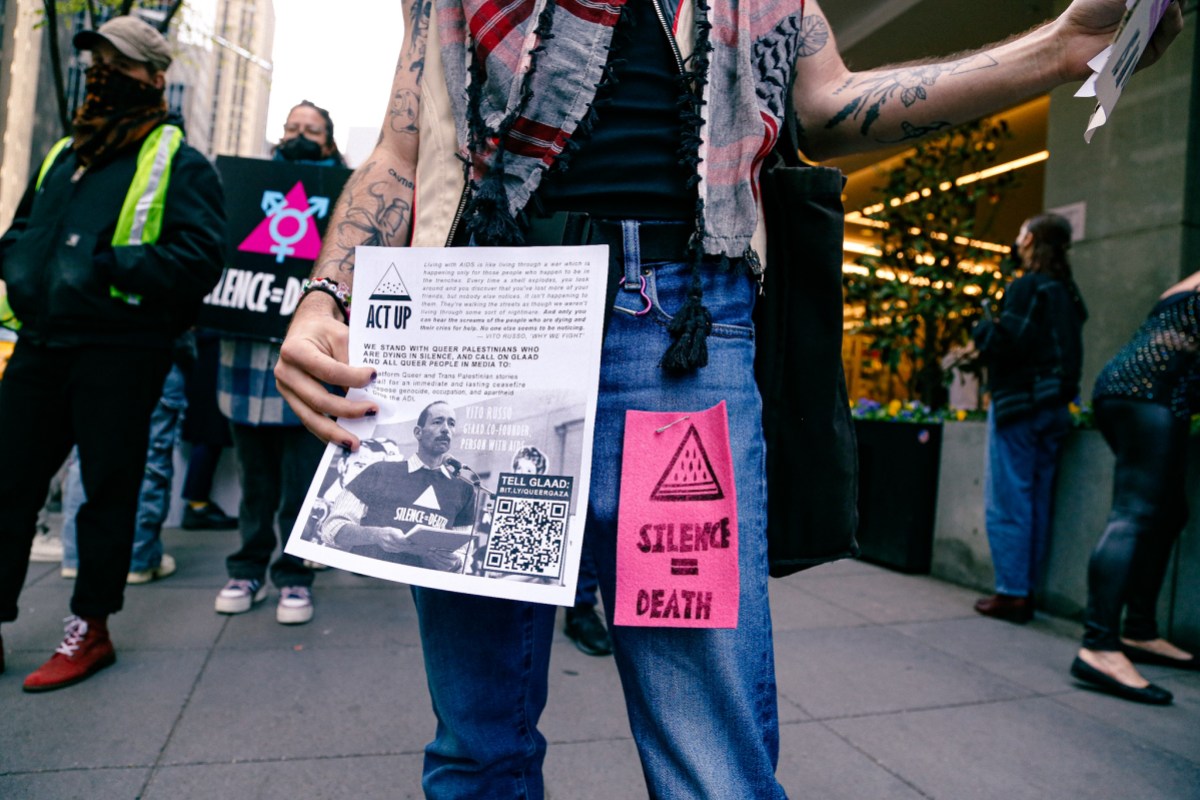
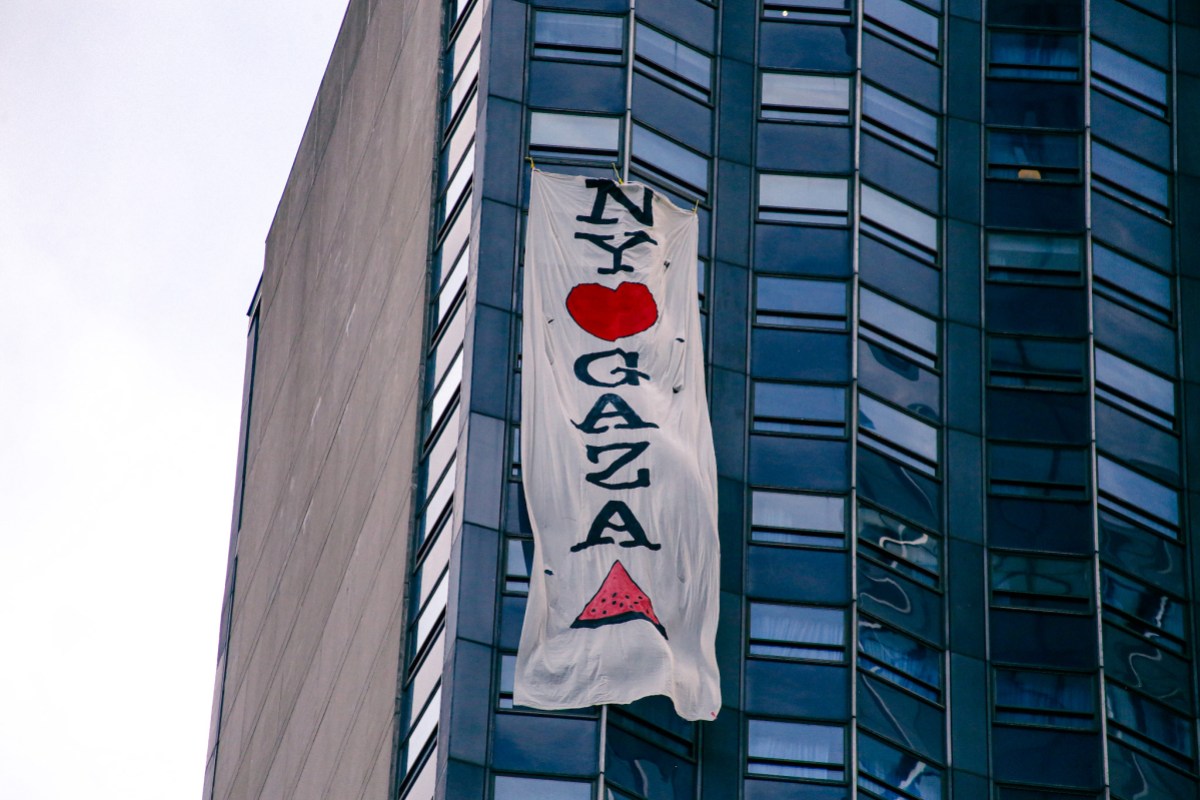
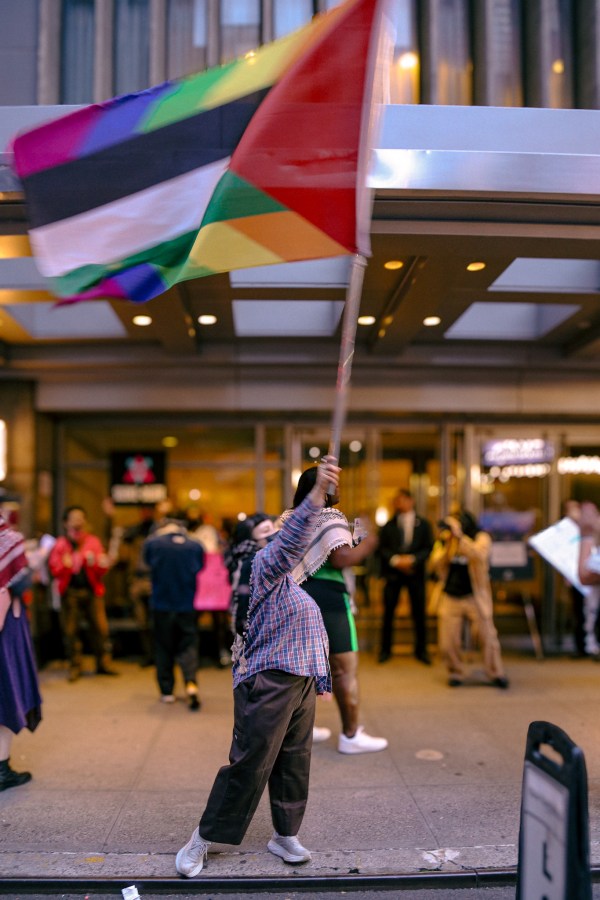
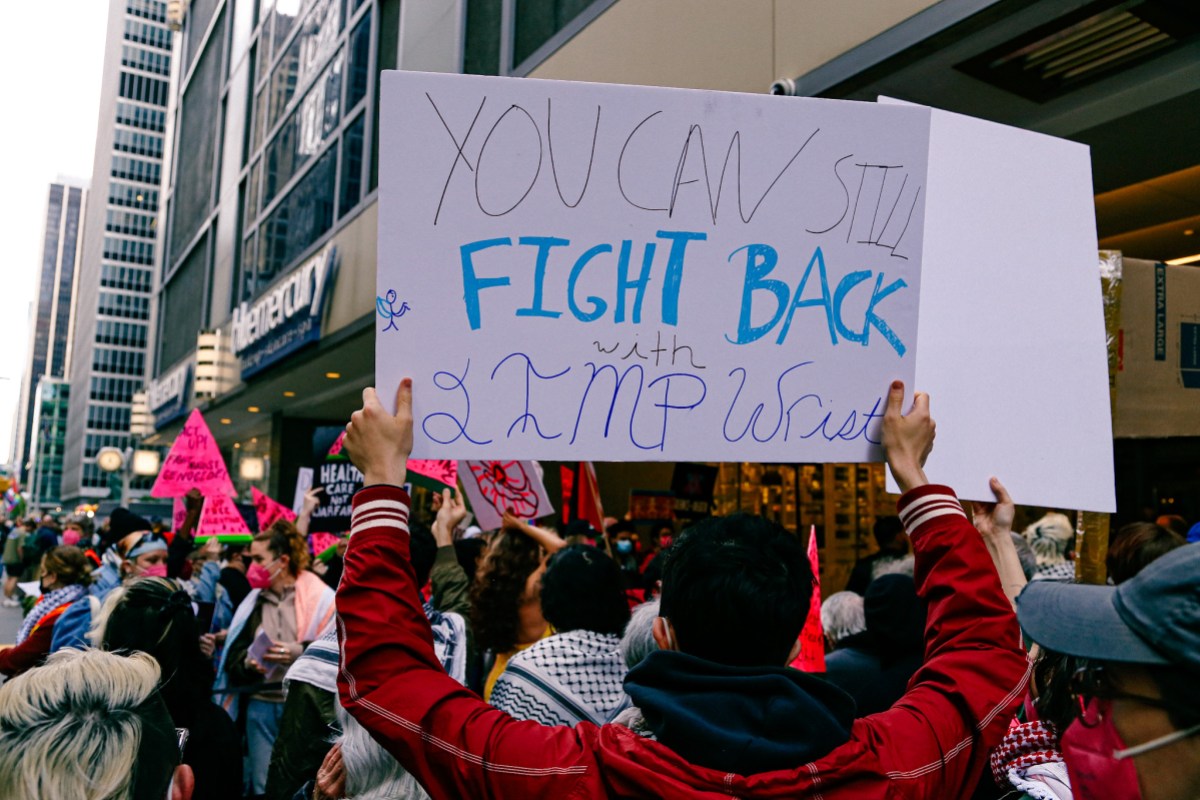
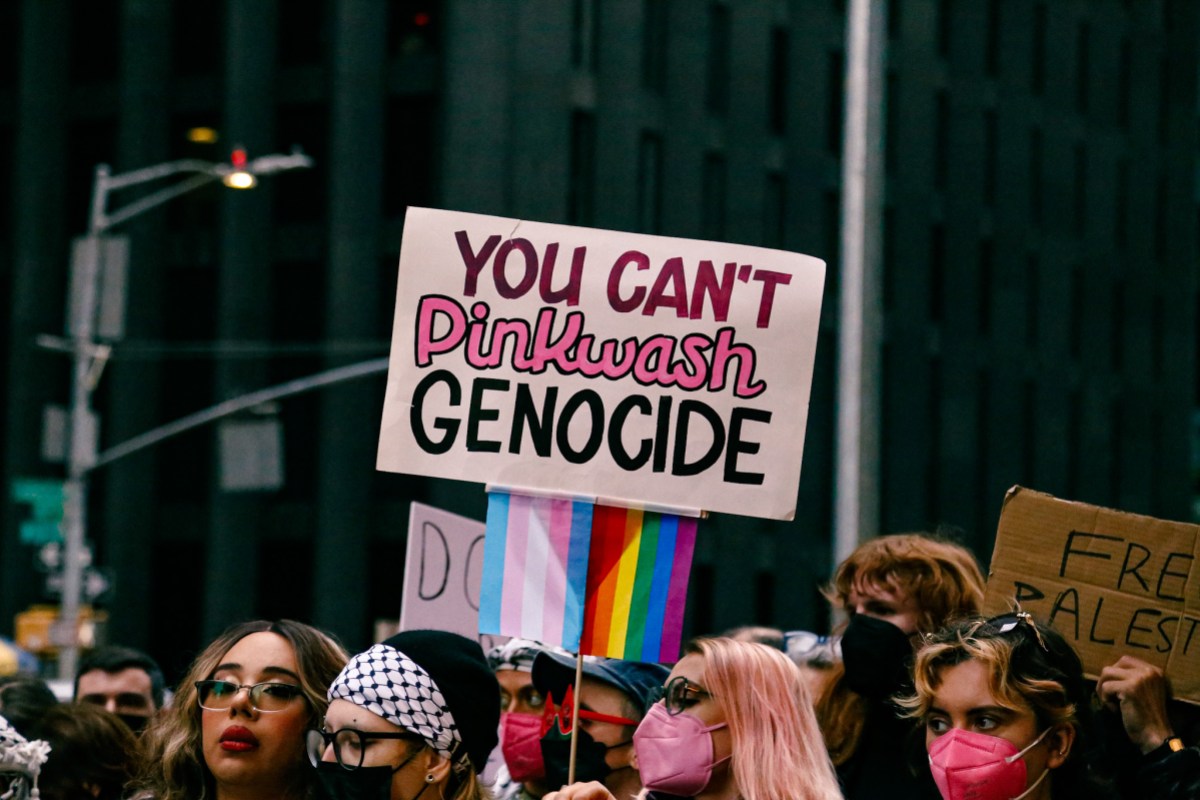
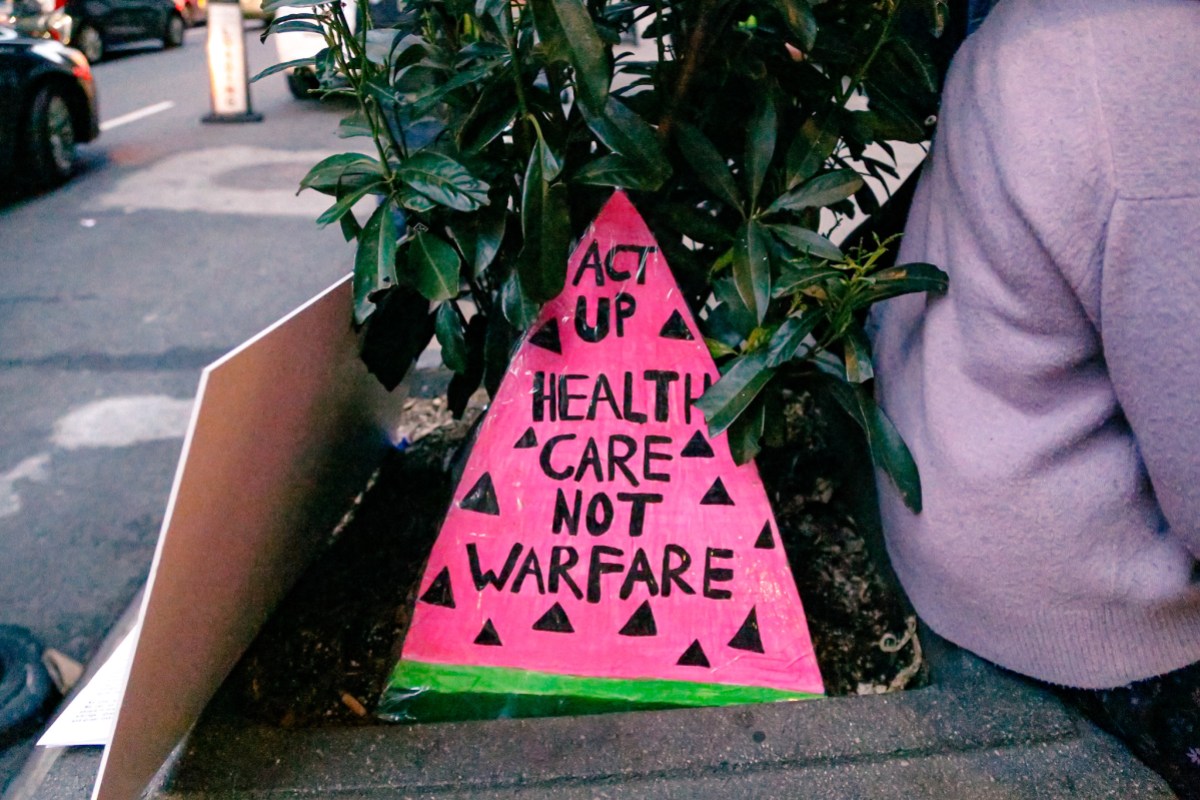


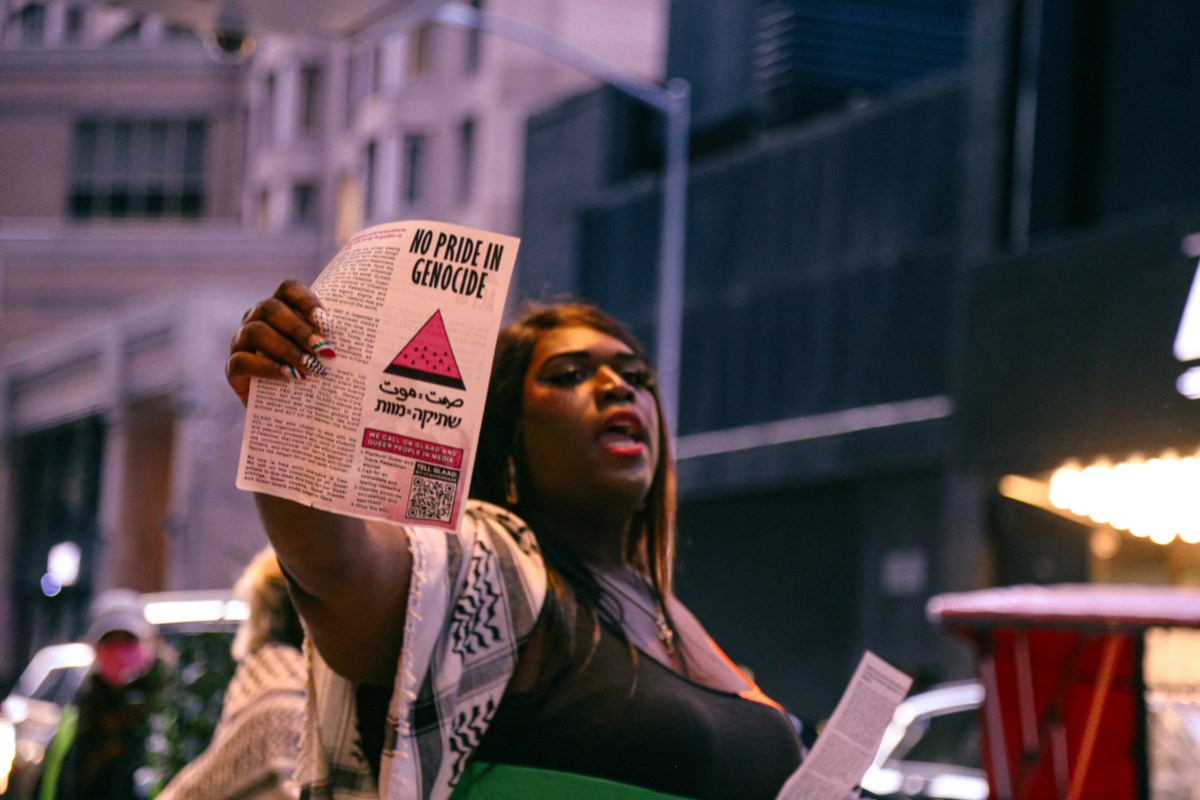

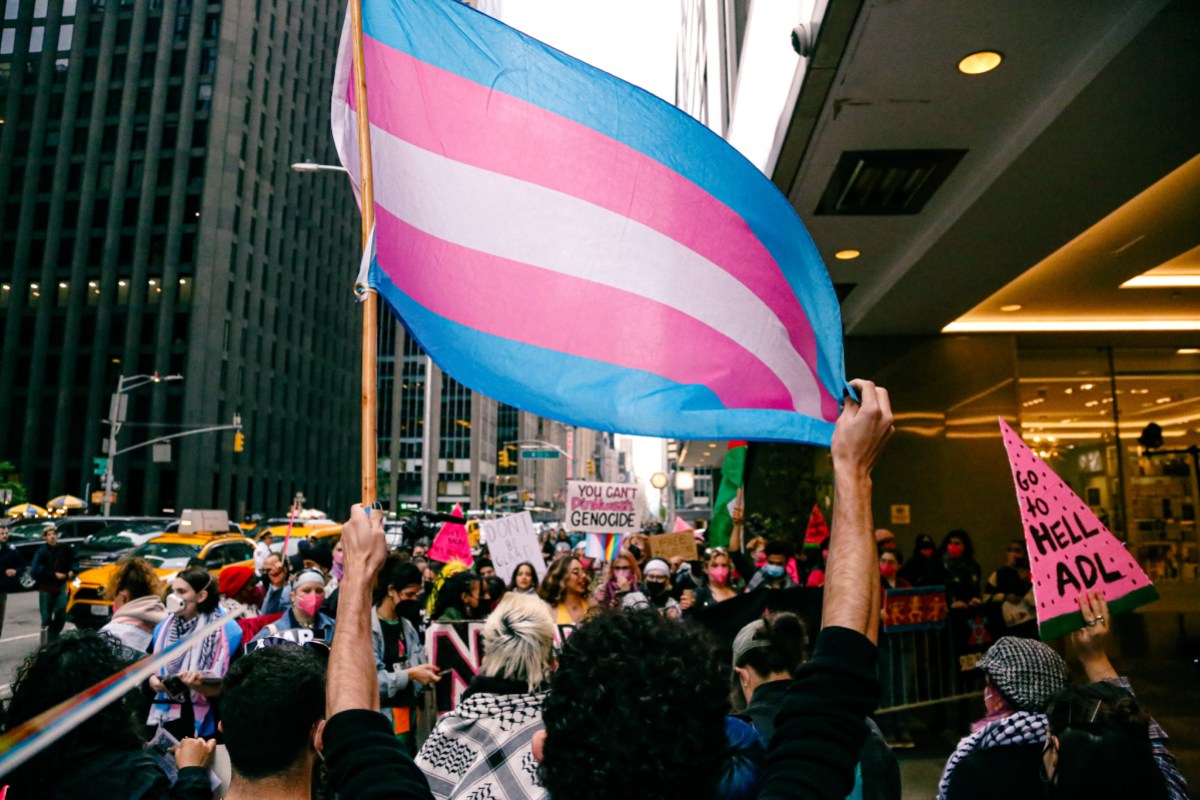







































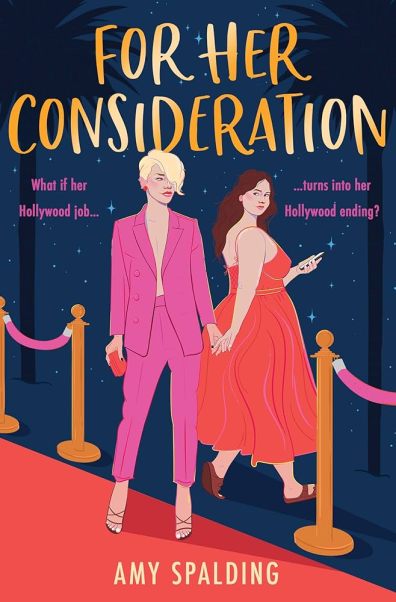
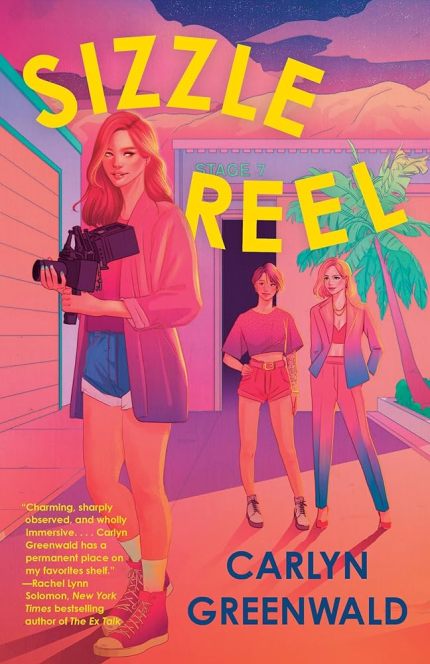
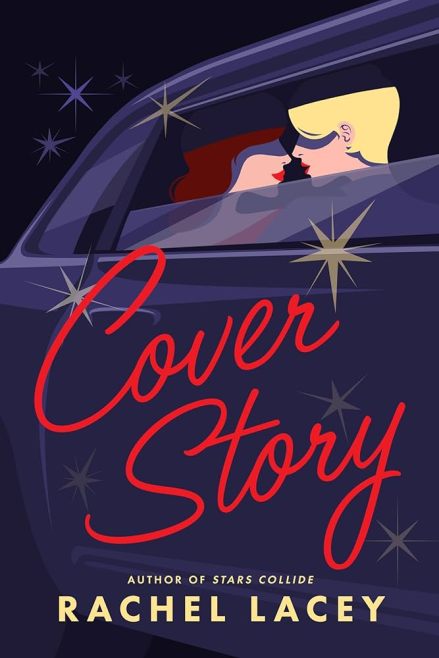
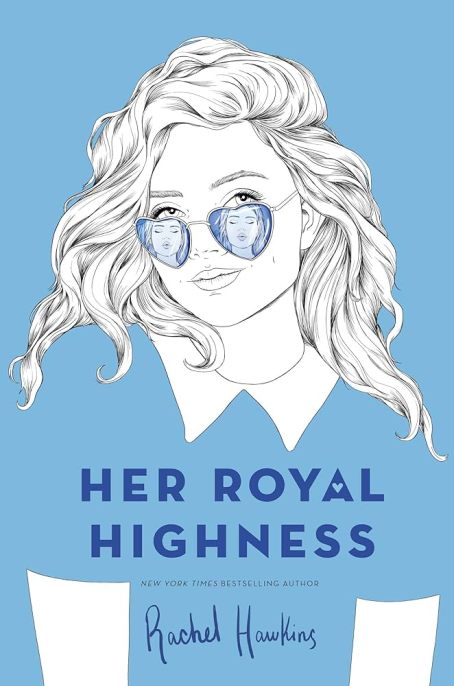
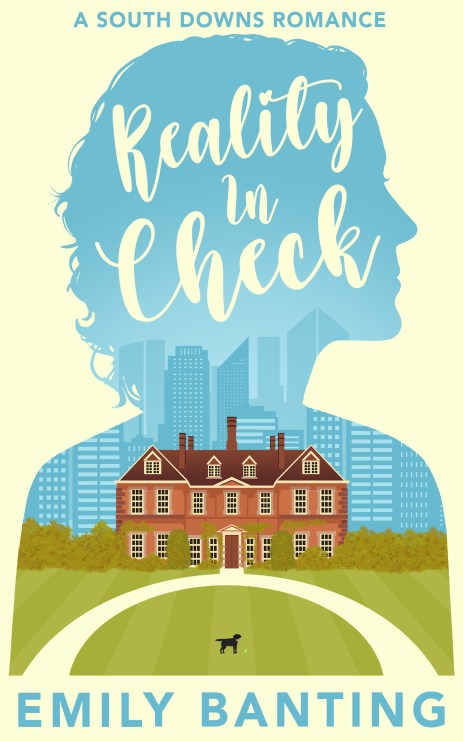
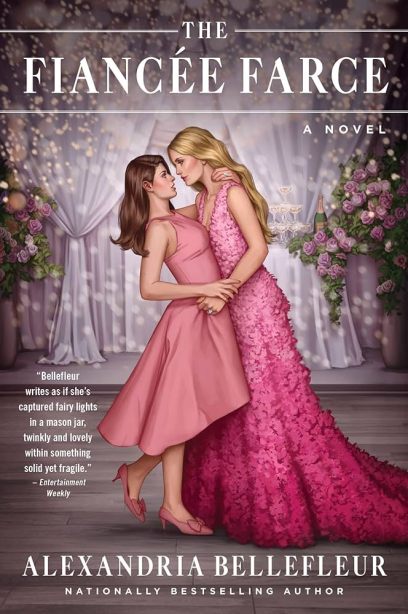

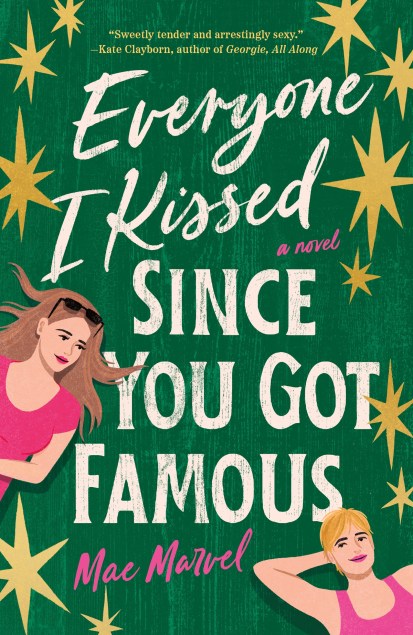




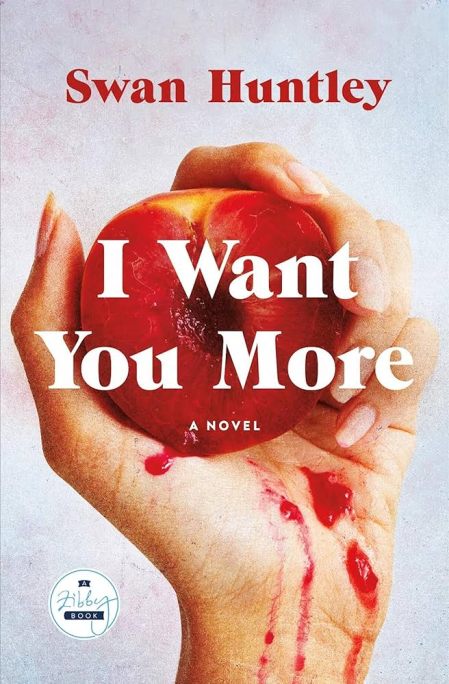
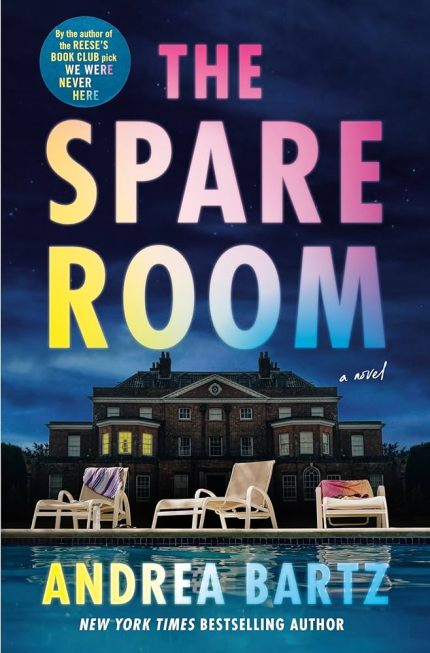
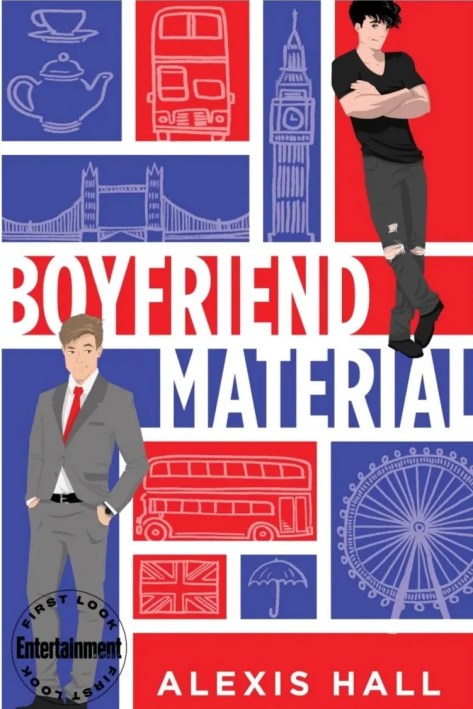

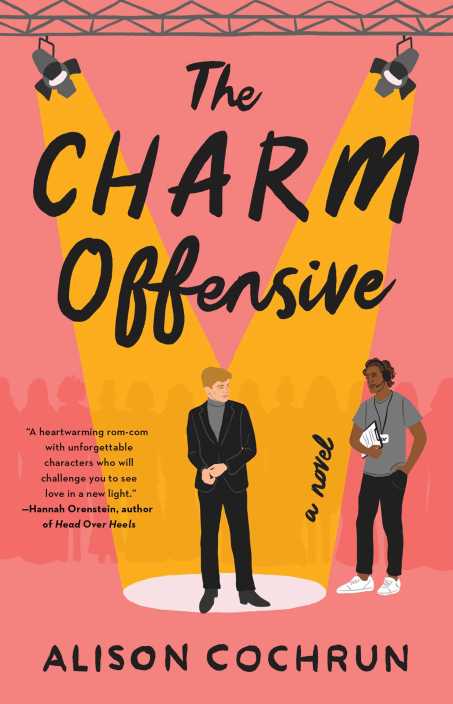
sexual arousal tends to weaken/decrease your natural disgust response, which then returns when arousal subsides (ex. following orgasm) – it’s a normal reaction and doesn’t mean there’s anything wrong with you or your arousal.